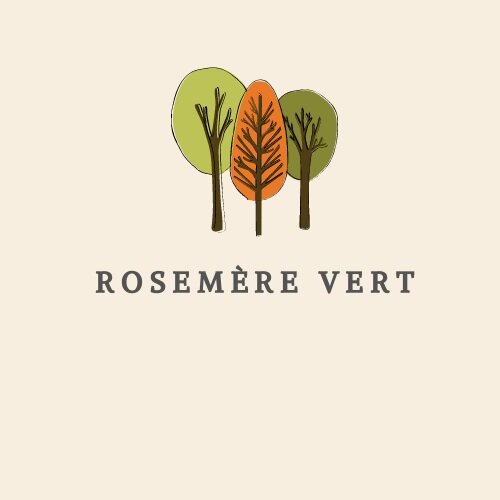Converting former golf courses into green spaces - appeal to the government
Press release for immediate publication - Coalition Terrains de golf en transition
Montreal, February 1, 2024 - On January 30, the Communauté métropolitaine de Montréal (CMM) amended Interim Control By-law (ICB) 2022-97 concerning nine golf courses that had been targeted for conversion to green spaces or natural environments. Adopted in 2022, this ICB had been deemed necessary to achieve the 30% target for protected natural environments to which CMM President Valérie Plante publicly committed herself at COP15 on biological diversity.
However, the owners of some of these golf courses are suing the CMM, MRCs and cities for more than half a billion dollars for disguised expropriation. The exorbitant amounts claimed by the plaintiffs have succeeded in intimidating the CMM, which is now retreating. Although the new legal context appears favourable to the protection of natural spaces, the CMM has chosen to take a less risky position by amending the ICB to protect only 70% of the golf courses in Rosemère, Candiac, Mascouche, Le Boisé in Terrebonne and Sainte-Rose in Laval.
The Coalition Terrains de golf en transition (CTGT) is disappointed with the CMM’s position, since it is based on previous case law and does not take into account the new legal context, given that major amendments have been made to the Expropriation Act and the Act respecting land use planning and development. Last December 13, with the adoption of Bill 39, article 245 was added to the land use planning act, providing a framework for proceedings for disguised expropriation. This new article states that an infringement of property owners’ rights is justified when a municipal authority issues conservation zoning on “wetlands and hydric environments” or “environments with significant ecological value”. At first glance, this new section of the act seems to offer an opportunity to develop new jurisprudence more favourable to environmental protection, and since it takes immediate effect, suspend the current disguised expropriation proceedings.
However, the CTGT believes that one problem lies in the lack of clarity in the text of article 245, which allows for different interpretations in the case of golf courses. In fact, article 245 stipulates that an infringement of property rights is justified for environments that have “significant ecological value”, but does not specify what may be considered as such. The wording does not unequivocally take into account environments dedicated to ecological restoration, to which golf courses can be assimilated. What’s more, municipalities opposed to the development of the remaining unprotected 30% are left on their own to demonstrate that these are areas of significant ecological value.
The CTGT deplores this turn of events, which disappoints thousands of citizens who have been campaigning for years for the preservation and ecological restoration of these green spaces in their municipality.
Catherine Vallée of the CTGT “also deplores the fact that article 245 torpedoes all the efforts made by civil society and local governments to preserve golf courses from development in order to help achieve the 30% restoration target for degraded priority ecosystems. Yet this commitment to restoration was made by the CAQ government at COP15 on biological diversity. Will the government content itself with wishful thinking, or will it deploy the necessary means to enable this target to be reached?” Consequently, we are asking the Minister of Municipal Affairs and the Minister of the Environment, Climate Change, Wildlife and Parks to amend article 245 of the LAU to take into account environments dedicated to ecological restoration.
- 30 -
Contact: Catherine Vallée, spokesperson for Coalition Terrains de golf en transition
438-455-5543
coalitiontgt@gmail.com
As the site of the former Rosemère golf course is covered by the protection provided by the CMM, Rosemère Vert strongly supports the CTGT's request to amend section 245 of the LAU and calls on the Quebec government to do everything in its power to respect the priorities of its Nature 2030 Plan, particularly with regard to protecting and restoring biodiversity. This plan, described as the largest investment in land protection and biodiversity in Quebec's history, is due to be launched in early 2024," said Jasmine Lail, citizen member for Rosemère Vert.
For more information, please contact :
Jasmine Lail from Green Rosemère
514-974-9219
lailjasmine@hotmail.com
